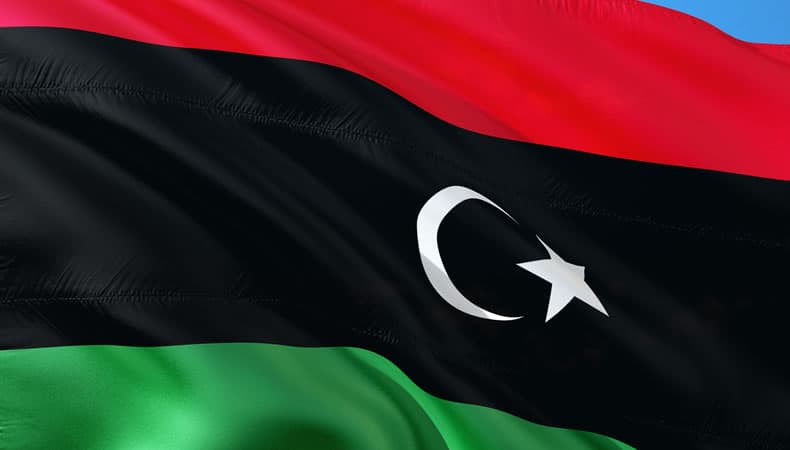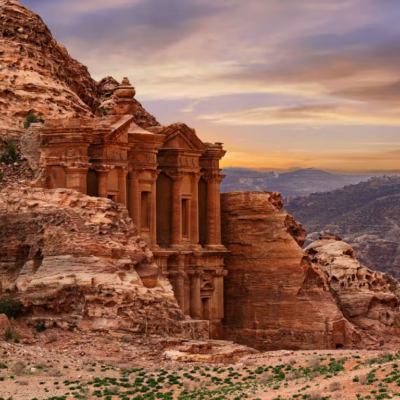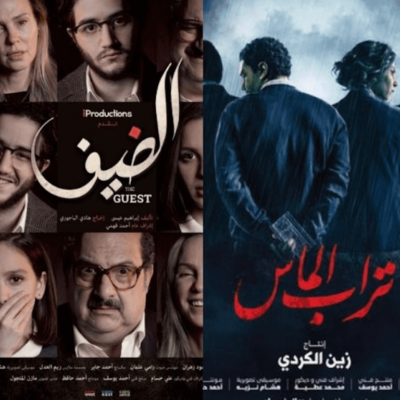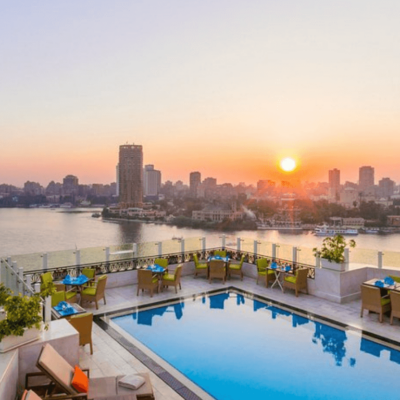Peace in Libya, how is the dialogue going?

For Libya is profiling the possibility of lasting peace. In fact, dialogue initiatives between internal actors in neighboring countries are continuing under the auspices of the United Nations. Delegations representing the Government of National Accord of Fayez al-Serraj and the Libyan Arab Armed Forced of Khalifa Haftar, and comprising police and military officers, have concluded two days of security and military talks, in the city of Hurghadain Egypt.
According to a statement of the United Nations Support Mission in Libya (UNSMIL), discussions were marked by a spirit of responsibility, transparency and mutual trust. The participants addressed a number of pressing security and military issues, including confidence-building measures, security arrangements in an area to be defined at a later stage within the framework of the 5+5 Joint Military Committee (JMC) talks, in addition to tasks and responsibilities of the Petroleum Facilities Guard (PFG).
Both delegations concluded their deliberations with a set of recommendations to be presented to the 5+5 JMC: swiftly resume face-to-face meetings of the 5+5 JMC, starting next week. Immediately release all those detained on account of their identity and without pre-conditions or restrictions; take immediate measures to exchange, before the end of October, all those detained during military operations through the formation of specialized committees from the relevant parties.
Halt all hate speech campaigns, replace the narrative of hatred and incitement with a discourse of tolerance and reconciliation, and reject violence and terrorism.Expedite the re-opening of air traffic and land transportation lines across all Libyan cities to ensure freedom of movement for all citizens.
Participants reviewed the security arrangements, which will be determined at a later stage within the framework of the 5+5 Joint Military Committee (JMC) talks. Refer the PFG tasks and responsibilities to the 5+5 JMC and request that it prioritizes this issue, provide a comprehensive assessment of the situation and take the measures required to ensure regular oil and gas production and export.
On 23 September, the interim head of UNSMIL Stephanie Williams and the Ambassador-designate of the European Union to Libya, José Sabadell, as the rotating chair of the Economic Working Group (EWG) established by the Berlin Process, convened a meeting with the new leadership of the General Electricity Company of Libya (GECOL) to discuss plans to address the unacceptable electricity crisis in the context of the Libyan efforts to reopen the energy sector. Libyans across the country have been facing daily acute power outages, sometimes lasting 16 hours per day or more, UNSMIL explains in a note.
The Deputy Chairman of GECOL, Abdul Salem al Ansari, presented a plan to address the current 3,000 MW deficit with short-term and long-term lines of efforts. Al Ansari identified conducting maintenance and maintaining grid stability as the key short-term lines of effort, noting that the latter was complicated by the difficulty in implementing an effective load shedding schedule.
He noted damage to the GECOL operating room and the inoperability of a main transmission cable as contributing to power outages in Tripoli. Al Ansari stated that revenue flows to GECOL from tariff collection were near zero and that collection needed to improve if the company was to become viable.
In the same context, the meetings in Morocco between the delegations of the High Council of State and the Libyan Parliament, which reached an agreement on the formation of the new government after Fayez al-Serraj announced his willingness to leave power by the end of October.United Nations Secretary-General’s deputy spokesman Farhan Haq announced that the United Nations and the German government are preparing another Libyan summit, similar to the Berlin conference on October 5.
In statements to the German agency, Haq said the virtual meeting will include representatives from the United Nations, the European Union, the African Union and the Arab League, in addition to the United States, Germany, Great Britain, France, China, Turkey, United Arab Emirates, Congo, Italy, Egypt and Algeria.




